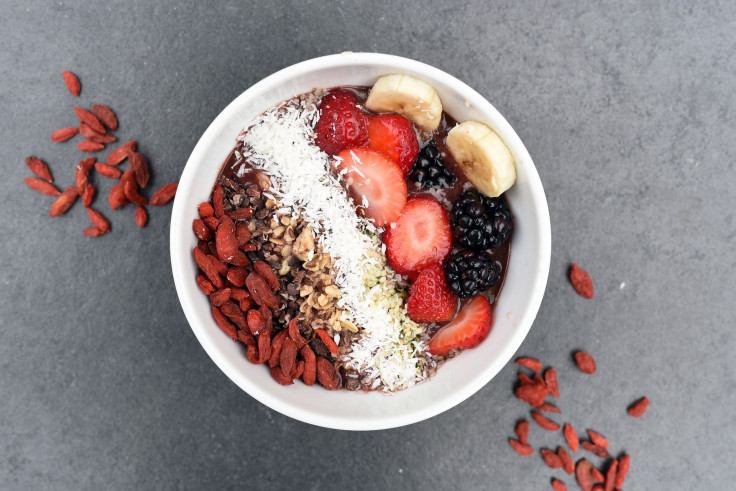What Are Good Carbs? 5 Ways To Stay Healthy While Eating 'Forbidden Foods'

Carbohydrates have gotten a bad rap for some time. A prevailing public misconception says that in order to eat healthy, you must eliminate carbs from your diet. But did you know that green peas, bananas, and black beans are carbs? They have actually been found to aid in weight loss instead of increasing the risk of excess weight gain. Not all carbs are created equal, which is why understanding the difference between healthy and unhealthy sources is key to losing the chains of a restrictive diet.
The body needs carbs for energy, but that doesn’t give you license to grab a cookie or bag of chips from the vending machine when you run into the infamous afternoon slump at work. According to Harvard’s School of Public Health, carbs provide glucose, which is converted into energy to support daily functions and physical activities. Look out for complex carbs, which are fiber-rich foods that contain vitamins, minerals, and antioxidants, while simple carbs are refined, processed, and break down quickly in the body.
The glycemic index of a food will tell you how high and quickly your blood sugar will rise after eating a certain carb. For example, eating low glycemic index foods will help you feel fuller, longer. Meanwhile sugary foods, baked goods, and white breads or pastas have a high glycemic index, and cause your blood sugar levels to spike and leave you feeling tired afterwards. The Dietary Guidelines for Americans recommend eating between 225 and 325 grams of carbs each day for the average 2,000 calorie diet.
So, feel free to keep a healthy handful of carbs within your diet, just make sure to eat with caution. Click through our slideshow for some of the healthiest, guilt-free carbs to choose from!




























